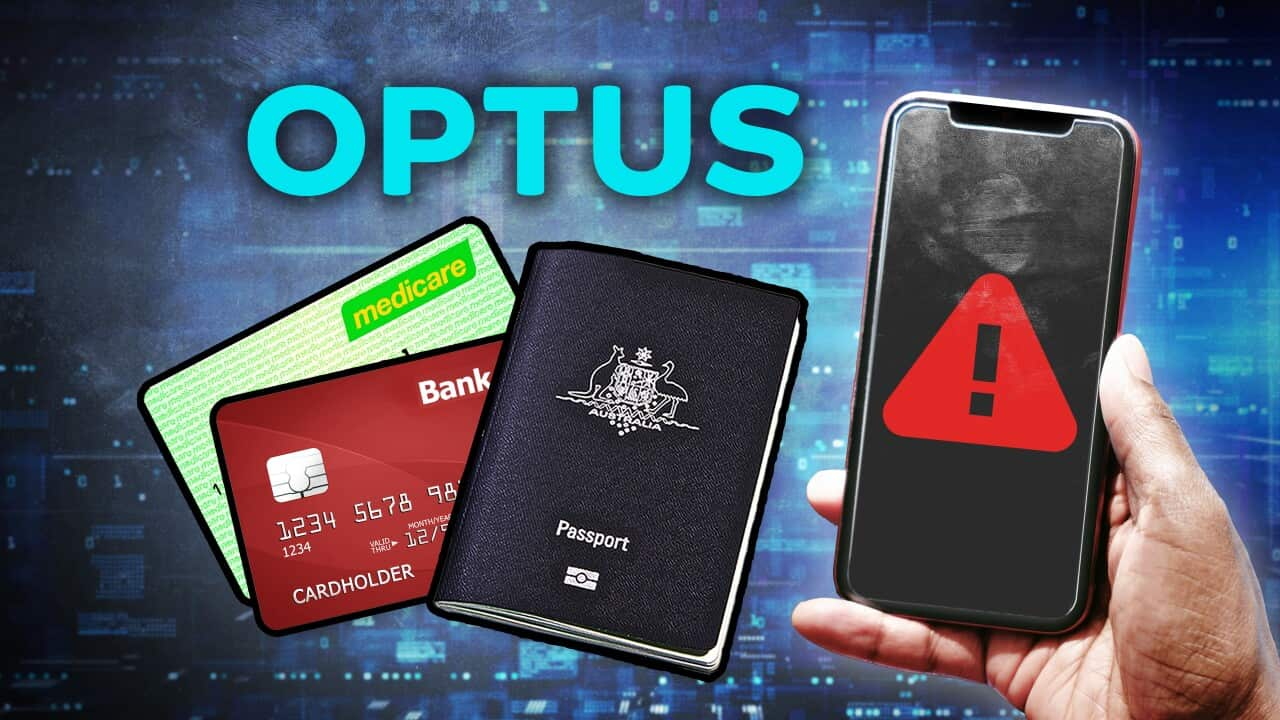KEY POINTS:
- There are fresh reports of a scam targeting Chinese international students in a bid to extort money from them.
- In some cases victims have been so terrified they've staged their own kidnappings to encourage their families to pay.
- Chinese authorities are so concerned they took the unusual decision to appear before Australian media.
Scammers are "virtually kidnapping" Chinese international students in a bid to extort money from their families, police say.
The bad actors call their targets without warning, speaking in Mandarin and pretending to work for Chinese authorities — be it an embassy, consulate, police, or prosecuting authority.
In , the scammer said: "I’ll first introduce myself to you, I am a police officer of the Public Security Bureau …We are in the process of recording you, you cannot have anyone else with you during this call."
NSW Police Detective Superintendent Joe Doueihi said they've received four reports of what he called "virtual kidnapping" scams in Sydney alone, all in the last month.
He said they can be "both random and targeted", and typically start with a cold call to "young, international Chinese students".
"The victims are told they've committed some type of crime and they need to pay money to avoid being arrested or deported," he said.
"The victims are also threatened with harm to their families who reside in China and that if they do not comply with the offender's request the family in China will be harmed."
One family transferred $270,000, while another victim transferred $20,000 of her own money into an offshore account.
"The victims are coerced into faking their own kidnapping, taking photos of themselves in vulnerable positions and sending those photographs to their families in China and seeking that the family pay a ransom for their release," Superintendent Doueihi said.
Police saw a sharp increase in these scams in 2020, but they tapered off after a significant media campaign and at the height of the pandemic, when Chinese international students left Australia.
Chinese authorities are so concerned over the fresh reports that they took the unusual decision to appear before Australian media.
The Chinese Embassy in Canberra's police liaison officer Zhang Zhengping said virtual kidnapping has become one of the most prominent forms of telecom fraud.
He said the embassy plans to closely cooperate with police and review existing practices to crack down on fraud.
"The crime knows no bounds or nationality. It does not discriminate. It happens across all ages, genders and all socioeconomic levels," he said.
Adding to the list of police concerns are reports the scammers are using technology to mirror the legitimate phone numbers of authorities, to further trick victims into believing the call is genuine.
Police say anyone who receives scam calls should simply hang up.




